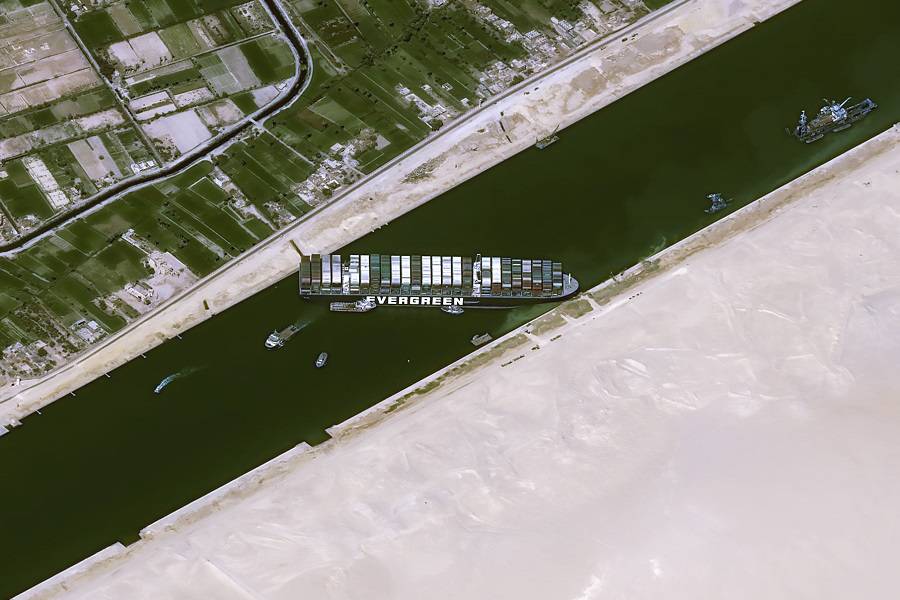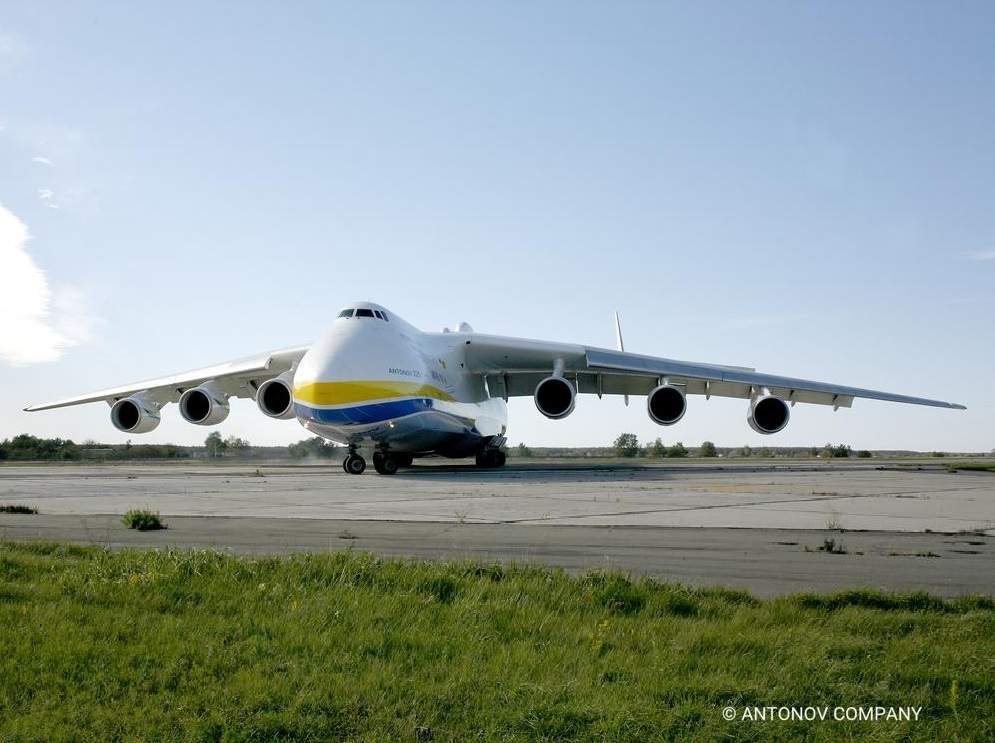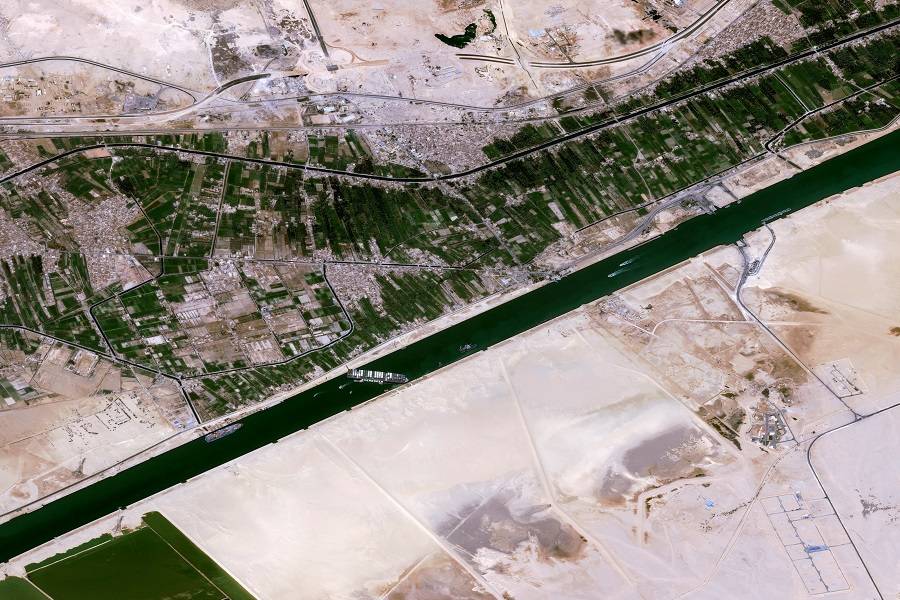Could the Suez blockage affect demand on air cargo? What kind of effects could an event like this have in the world of air freight and aviation in general?
Welcome to the wonderful and complicated world of supply chain management. Yes, a 400-metre long container ship causing a blockage in the Suez canal, is posing questions for air cargo. Such is the nature of the interlinked world of freight. And many of these questions don’t have obvious answers. But predictably, it depends on how long this blockage lasts.

If you missed this news story, it’s about a container vessel called Ever Given. Early on Tuesday morning, a gust of wind and temporary control problems, caused it to veer from its course and hit first one, then both banks of the canal. The situation immediately affected other ships in the canal, going in both directions. And this gives us a first, quick answer to the question above. Air cargo couldn’t handle volumes equaling to the number and size of ships in the Suez blockage.
The Suez canal is one of the world’s busiest shipping routes. Over many years, sections of the canal got a second passage route, parallel to the first. This allows shipping to move more easily in both directions, and permits higher volumes. Unfortunately, the south section of the canal still only has one lane. And it is there that the Ever Given had its problems.
Other Recent Blockages (But Very Different)
To see what effects the Suez blockage could have at air cargo, we could look at another recent problem. In mid-December, the British channel closed for a few days, over fears relating to new strains of the coronavirus. This stopped both people and freight from crossing, in either direction. Given the upcoming Christmas holidays AND an unusually-strong 2020 winter freight season, the problem was immediate.

But it didn’t become overwhelming. This was partly thanks to a lot of supply chain companies building up alternate strategies, because of Brexit. Fears of an upset from January, had caused many to look for links alternative to the channel. Many of these links (air cargo) also couldn’t move in the immediate aftermath of this closure. However, they were MUCH quicker to get going again, a day or two later. Unfortunately, in the case of the Suez blockage, such alternate strategies involving air cargo would have limited effect.
The simple truth is that the majority of shipping cargo would be either impossible or impractical to handle using air freight. And in many cases where it might have been possible, taking ships around the Cape of Good Hope would be cheaper. But air cargo could still play a role in the Suez blockage, for some time-critical goods.
However, availability of air cargo isn’t exactly plentiful at the moment. With passenger flights still largely limited, air freighters are still having to carry what would have been belly-hold cargo. They also have to make allowances for vaccines, although not nearly as much as many first thought. Regardless, while air cargo isn’t a perfect fixed-capacity business, situations like the Suez blockage are some way beyond its volumes.

Air Cargo To Suffer From The Suez Blockage?
But a lot of this cargo is crude oil, or other types of fuel. Aircraft obviously can’t handle such vital loads. However, air cargo could definitely suffer from the Suez blockage in this sense. Fuel prices are already seeing a jump, thanks to these events, at least in the short term. Approximately 20% of crude oil coming from Asia, goes through the Suez Canal.
The Suez blockage brings up something that air cargo has in common with oceanic shipping: fuel costs. 60% of operating expenses for oil tankers involves their own fuel. They can avoid the problems in the Suez blockage by going around Africa, the long way. This will add two weeks to their journey. The big ‘Suezmax’ tankers will burn an additional 800 tonnes of fuel, going that route.

There is a silver lining here. This time of the year is the low season for crude oil and LNG demand. So prudent use of reserves could alleviate a lot of these problems, in many places. Still, 30% of global container traffic goes through Suez, and analysts expect the blockage to increase air cargo demand – and rates. Hopefully, this would neutralize higher fuel costs.
In any case, nervous looks at the Suez blockage and inquiries on air cargo are another example of how some very important things that we hardly ever think about, only come to the fore when they don’t go like clockwork. Fortunately, a lot of people are working hard to fix the problem. Hopefully, it will be a matter of days, not weeks.
Source: Reuters



